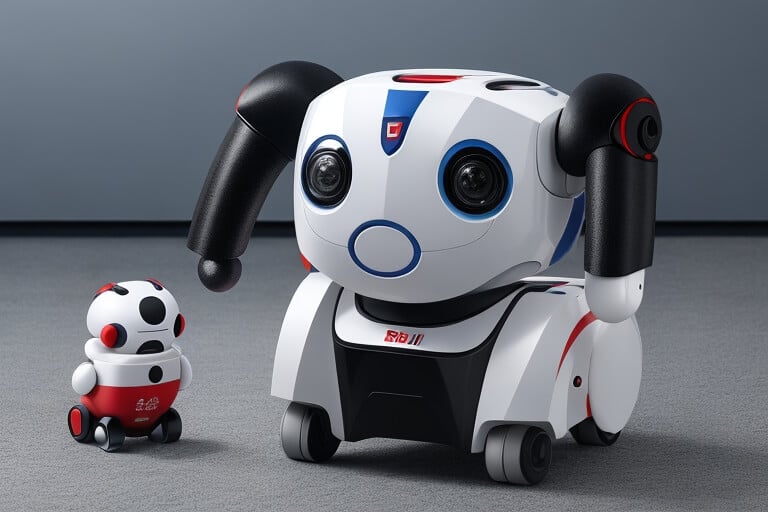Baidu Introduced the Ernie 4.0 AI Model, Asserting Its Capability to Compete with GPT-4.

- October 17, 2023
- allix
- AI Projects
On Tuesday, Baidu, the Chinese search engine and artificial intelligence company, introduced a novel iteration of its artificial intelligence creation, Ernie 4.0, asserting its capacity to compete with prominent models like the American GPT-4.
During the annual Baidu World conference in Beijing, CEO Robin Li presented Ernie 4.0. Li emphasized that the model had achieved proficiency in comprehension, logical reasoning, memory retention, and content generation, all driven by sophisticated algorithms.
Li expressed that Ernie 4.0 demonstrated the ability to decipher intricate inquiries and instructions, responding with logical, well-reasoned answers. He confidently stated that it matched, if not exceeded, GPT-4 in all aspects, marking a substantial improvement from its initial Ernie Bot model.
In a live demonstration, Li tasked Ernie 4.0 with creating promotional materials like advertising posters and a marketing video. He even challenged the AI to craft a martial arts novel featuring characters with diverse personalities.
In the race to develop cutting-edge artificial intelligence models, Baidu stands as a prominent player, especially in the wake of OpenAI’s ChatGPT’s global impact the previous year. Beijing considers artificial intelligence a strategic industry to rival the United States and aims to assume a leading global role by 2030.
Baidu, originally known for its search engine, transitioned over the last decade to heavily invest in AI technologies, spanning from autonomous driving to generative AI to maintain competitiveness.
Following this announcement, Baidu’s Hong Kong-listed shares experienced a 1.7% decline on Tuesday.
While Ernie Bot made its debut in March, it was made accessible to the public in August. Ernie 4.0 is not yet accessible to the general public, but a select few have been granted the opportunity to test it.
Li disclosed Baidu’s intentions to integrate AI technology into its search engine, maps, cloud storage services, and its offerings for business intelligence, although he refrained from specifying a timeline.
This technology could redefine the functionality of certain products, potentially allowing Baidu’s search engine to deliver personalized responses to queries, instead of merely listing search results and links.
China has recently moved to regulate the generative AI sector, mandating security reviews and approvals before companies can publicly release their products. Entities providing AI services are required to cooperate with government requests for technology and data. The United States lacks comparable regulatory measures.
Categories
- AI Education (39)
- AI in Business (65)
- AI Projects (87)
- Research (107)
- Uncategorized (5)
Other posts
- Medical Treatment in Brazil: Advanced Healthcare, Skilled Specialists, and Patient-Focused Care
- Dental Treatment in China: Modern Technology, Skilled Dentists, and Comprehensive Care for International Patients
- Plastic Surgery in China: Advanced Aesthetic Medicine Supported by Precision, Innovation, and Skilled Specialists
- Ophthalmology in China: Advanced Eye Care Guided by Innovation, Expertise, and Patient-Focused Treatment
- Finding Care, Calm, and Confidence: Why Patients Are Looking Toward Beroun in the Czech Republic
- Choosing Health, Energy, and a New Future: Exploring Gastric Bypass in Diyarbakır, Turkey
- When Facial Hair Tells Your Story: Considering a Beard Transplant in Phuket, Thailand
- When Prevention Becomes Power: Understanding Liver Cirrhosis Risk and Modern Screening Approaches in Spain
- When the Abdomen Signals Something Serious: Understanding Abdominal Aortic Aneurysm and Getting Expert Evaluation in Islamabad
- When Back Pain Becomes More Than “Just Pain”: Understanding the Need for Microdiscectomy
Newsletter
Get regular updates on data science, artificial intelligence, machine



